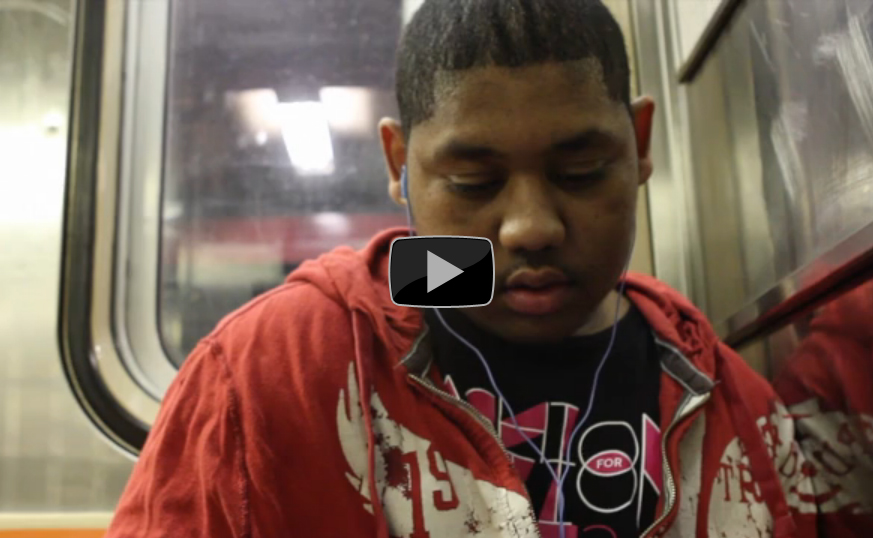 NEW YORK — When Cordale Manning came to live with Elaine and Lee Fair at age 17, he was on his fourth foster home in as many years. The Fairs had a simple philosophy: as soon as a child entered their home, he or she became family. After countless family dinners, long conversations and moments of shared laughter, Manning started to believe them. However, a small voice still nagged in his mind. He worried that at 21, the age of independence, the Fairs would let him go and he would be alone.
NEW YORK — When Cordale Manning came to live with Elaine and Lee Fair at age 17, he was on his fourth foster home in as many years. The Fairs had a simple philosophy: as soon as a child entered their home, he or she became family. After countless family dinners, long conversations and moments of shared laughter, Manning started to believe them. However, a small voice still nagged in his mind. He worried that at 21, the age of independence, the Fairs would let him go and he would be alone.
With each passing birthday, he grew more concerned. To ease his worries, the Fairs offered to adopt him. Manning knew that this was a dream come true for many foster children, but something in him wouldn’t let him accept their offer. He still didn’t fully trust the situation and he was worried about something else.
“Also, in the process, I didn’t want to hurt my mom too. You know, just tell my mother, ‘I kind of gave up on you, and I kind of moved on with my life,'” he said.
Instead, Manning chose a more difficult path towards independent living.
Currently, there are 7,000 teenagers and young adults under the care of the New York City foster care system. About 1,000 of these youth “age out” of the system each year. Young adults must leave the system at 21, but many choose to sign themselves out of foster care shortly after their 18th birthdays.
Some young people are adopted by their foster parents. Others choose to return to their birth families. However, most young people don’t have these options. For many, it’s only a matter of time before they become a part of another system. One in 10 young adults are homeless within one year of aging out of foster care. Within three years, the number doubles. Many others are incarcerated after leaving care.
Cordale Manning is one of the lucky ones. He was able to secure a spot in a supervised independent living program in September 2012, six months before his 21st birthday. These programs place foster youth in New York City Housing Authority apartments under the supervision of social workers.
However, Manning’s transition to independence hasn’t been easy. He officially aged out of the system in April and no longer receives the supervision or support of a social worker. After the caring environment of his last foster home, his apartment feels lonely. He has also had to put college and his dreams on hold because he works full-time to cover his expenses.
Manning’s foster agency considers him a success story. However, he worries because he knows that many of his friends who’ve aged out are barely surviving. He wonders if he can actually make it on his own.
Read more of Youth Today’s coverage of aging out of foster care here.
























